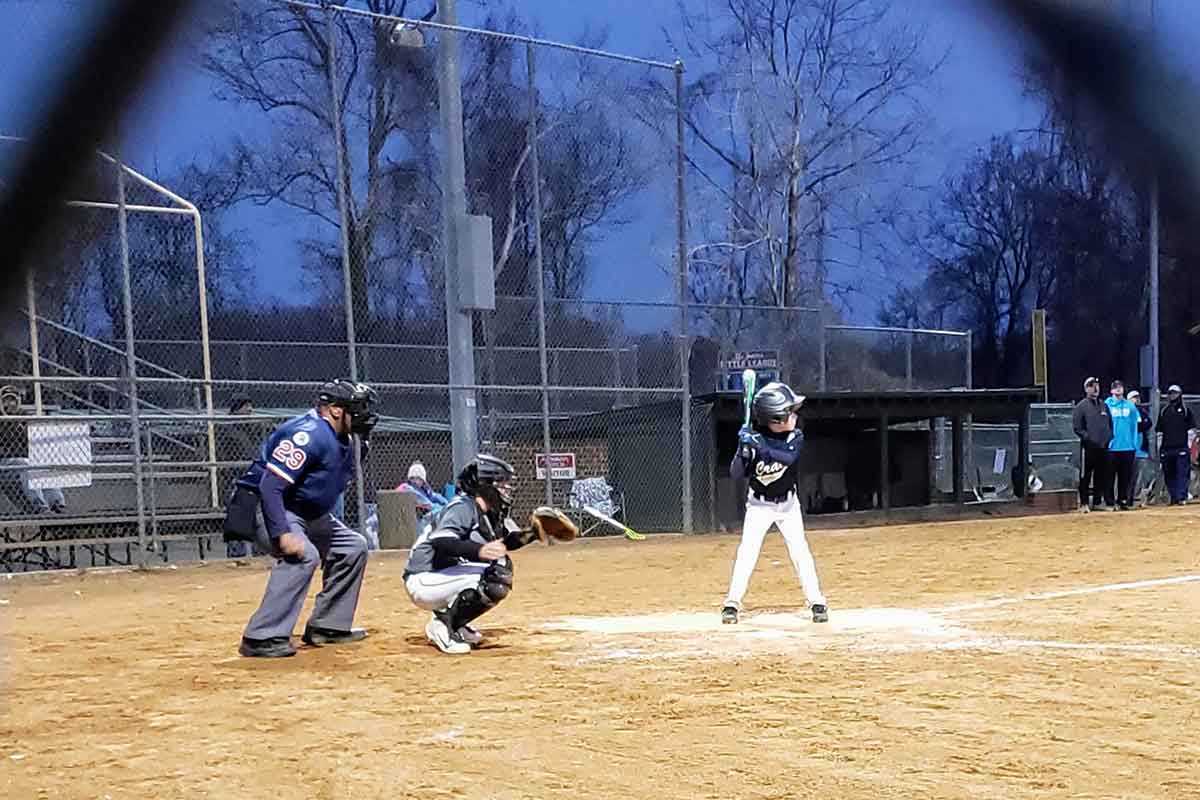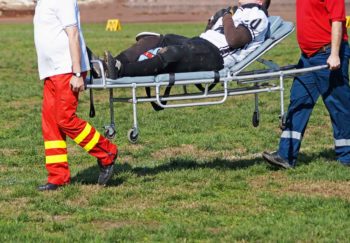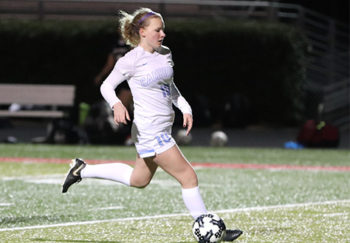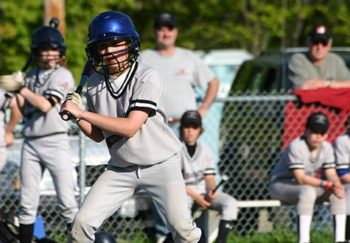
A stinger, shooting arm pain after a blow to the head or shoulder, is most common in contact sports, but can happen to anyone. See how UVA Health can help.
 When your kid plays sports, there’s so much to think about. You have to get them to practice, figure out how to feed them, and make sure they’ve got the right equipment. Youth sports can also make you worry about your child’s health and safety.
When your kid plays sports, there’s so much to think about. You have to get them to practice, figure out how to feed them, and make sure they’ve got the right equipment. Youth sports can also make you worry about your child’s health and safety.
Playing a sport, of course, offers so many great benefits. Your child gets exercise, acquires physical skills, overcomes challenges, and learns to operate in a team. Games expend energy and relieves stress.
Active kids tend to be healthy kids. Susan Werner, MD, a pediatrician treating kids in Culpeper, advises “all children to try to spend at least 60 minutes a day, year-round, doing something that makes you sweat or your heart beat harder.” Playing in a sport can accomplish that goal.
But youth sports have risks, too. No matter the age or level of play, a young athlete can:
If you have concerns about your child staying safe and healthy, talk to a pediatrician.
Usually schools require a signed form from your child’s primary care doctor. Make the most of this sports physical. Come prepared with all of your questions.
What does a sports physical look for? “A sports physical looks for issues that might prevent a child from safely participating in sports,” says Susan Gray, MD. She sees teens and young adults in Charlottesville.
This targeted exam looks at your child’s:
Usually, this kind of exam is pretty straightforward. But parents and caregivers still need to fill in the gaps.
Gray explains that, “It’s really important for parents to share the child’s history and the family’s medical history. We recommend sports visits happen within a child’s medical home, with their regular doctor or NP, the person who has access to all their records.”
Athletic teams get physically close. This increases the risk of virus transmission.
No one wants to get COVID or the flu and miss out on games. Werner lists some steps you and your child can take:
Read on for more resources, tips, and advice for helping your young athlete stay in the game.

A stinger, shooting arm pain after a blow to the head or shoulder, is most common in contact sports, but can happen to anyone. See how UVA Health can help.

Damar Hamlin's cardiac arrest during Monday's Buffalo Bills game shocked viewers. But cardiac arrests are more common than you think. And anyone can respond to this medical emergency.

Athletes at all levels — even your sports-loving kid — can experience pressure to perform and succeed. This can have a negative effect on their mental health.

No longer a sideline spectacle, cheerleading has changed drastically over the past century. It has evolved and displays athletes' intense physical skills.

Playing one sport year-round puts kids at risk for overuse injuries and may impact their performance in the future. Take a look at these tips to keep young athletes healthy and injury-free.

Sports medicine specialist Winston Gwathmey, MD, believes youth sports emphasize fitness and teach valuable life lessons. But he's also concerned some kids play too much of the same sport, leading to overuse injuries.

Take a look at how these sports compare in terms of injuries and what you can do to minimize the risk.
Get stories & health tips every week